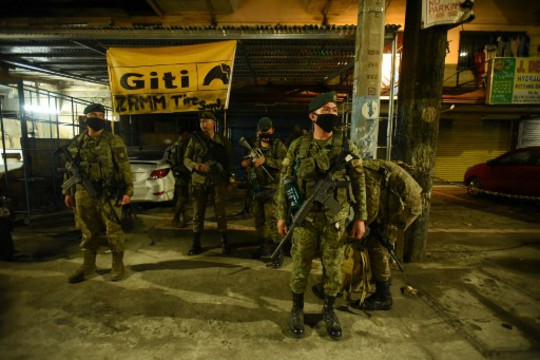President Rodrigo Duterte announced a lockdown on March 16 for the entire island of Luzon, home to more than 57 million people in an attempt to control the spread of the coronavirus.
The secretary of PCOO, Martin Andanar, said that journalists had 72 hours from the issuance of the memorandum on the ‘enhanced community quarantine’ to secure passes from the PCOO-International Press Center (IPC). The government then extended the accreditation period until March 21.
The large-scale of quarantine in Luzon started at midnight on Tuesday, March 17 and ends on Sunday, April 12. The Philippines currently has 193 patients testing positive for COVID-19.
In its statement, the NUJP said the media's role in the ongoing COVID-19 emergency was vital in informing both the government and the people on the real situation on the ground to make informed decisions. It also said the PCOO order was “unfortunate” and may prove counterproductive when vetted information from media professionals is most needed by the already nervous populace.
The NUJP said: “Media outfits have issued safety guidelines to their journalists. We are aware that we need to contribute to the resolution of this emergency and we can do it best by doing our jobs as journalists. Making it difficult for us to contribute does not help at all. NUJP urges Malacañang to reconsider its decision. The media are better as partners during emergencies.”
The IFJ said: “Open the access for the media during emergencies is vital so that they can inform the public. The policy by PCOO was bluntly enforced rather than determined in collaboration with media. Ultimately, this will deprive the media access.”

